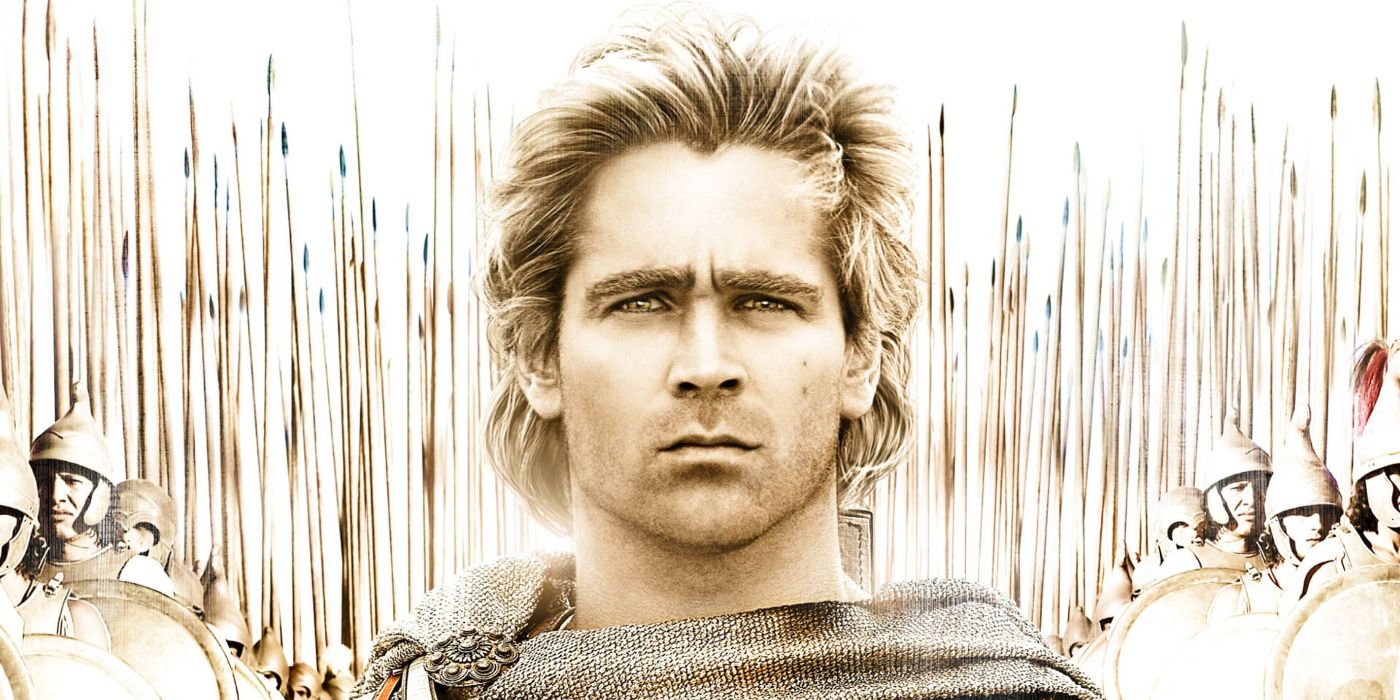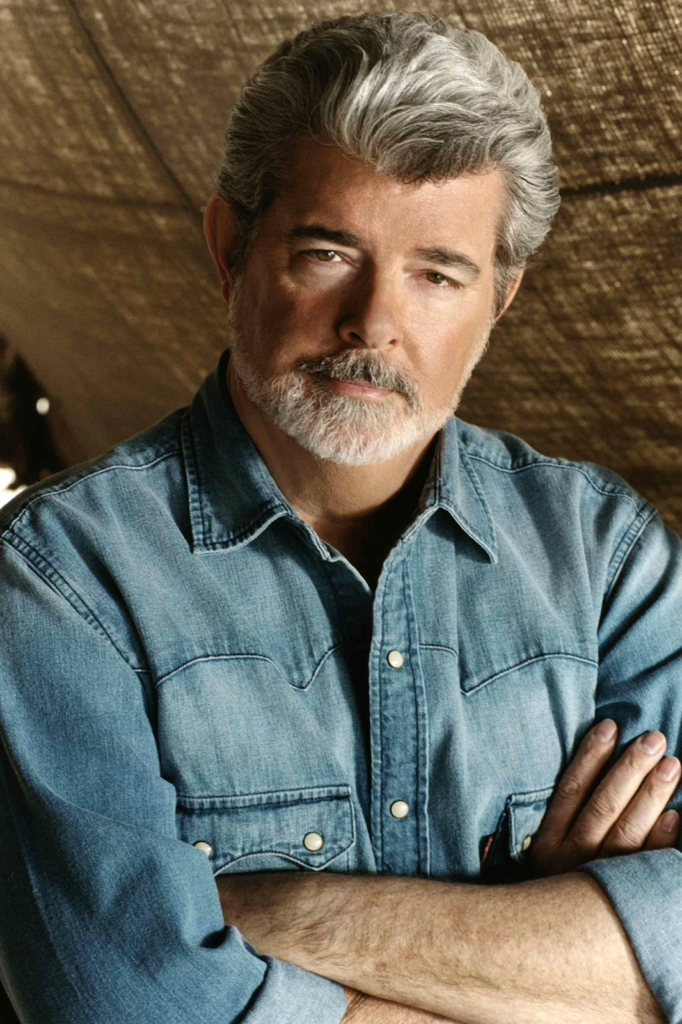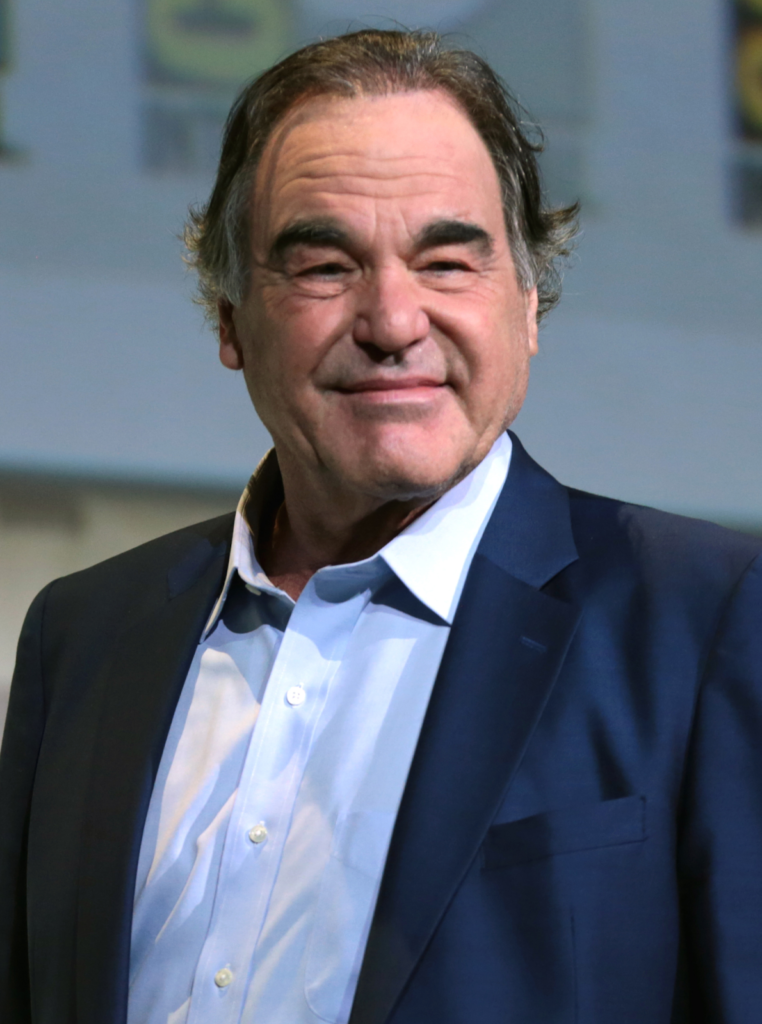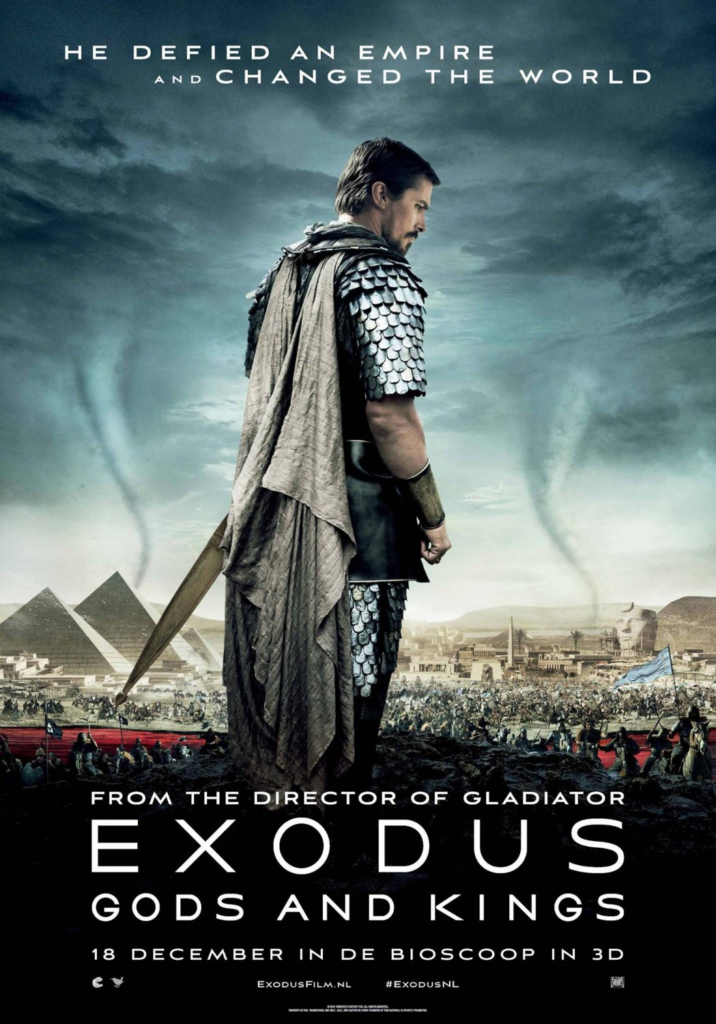You’re reading part 3 of our Historical Epic series.
Period dramas have been the kinds of films directors have pushed themselves to make. Hollywood was also in the same vein looking to try to make the next Gladiator. There has been a string of historical films with some of the same talent such as Mel Gibson’s The Patriot and Russell Crowe’s Master and Commander. However, after the mid-2000s there has been a gradual decline of such films, at least theatrically. Some of them however have found a new lease on life when they reach DVD and directors are free to re-cut the film to truly fit their vision. In fact, like Lord of the Rings, Some of these movies would be defined by their home media release instead.
Alexander the Dud

It’s uncertain what propelled this downturn, but in my opinion, the one movie that started this decline would be the 2004 Oliver Stone production Alexander. Focusing on the rise and fall of history’s greatest generals to have lived this film had a massive amount of effort put behind its production. This film had huge names attached including Colin Farrell in the titular role along with Angelina Jolie, Val Kilmer, and Anthony Hopkins. They took great efforts to make the army’s costumes and sets look accurate to the period. They even used real elephants in some of the battle scenes, something I doubt would be done today. Oliver Stone has had a long career making historical drama, most notably his Vietnam films, so this kind of movie seems right up his alley.
Much like George Lucas, Oliver Stone had full creative control over this project, as such it is easy to pass the blame on the man behind the camera rather than the script. Whether the dialogue was off, the acting was off, or the pacing was off, that didn’t matter because Stone wanted to tell this story no matter what. In some ways, you got to give credit for having ambition, but ambition can only go so far.
Alexander suffered amongst both critics and audiences barely making back its budget and sitting at 16% on Rotten Tomatoes. The film suffered from 2 main problems. The 1st problem also suffers from some overly melodramatic acting, a lot of this is from Colin Ferrell, but a lot of the other cast also suffer from sporadic shouting. It’s almost like half the characters are bipolar, one-minute they are having a legit conversation about other people’s cultures, then in the same scene, Alexander physically attacks his friends. A long movie with no sense of flow is one thing, it’s another if every other scene makes you cringe because you can’t stand the characters.
Watch this clip with Alexander and his council all the way through and you’ll know what I’m talking about.
The 2nd problem is the constant jumping of the timelines. It starts from when Alexander was an adult, then a kid, then an adult again, then a teen, and all without a semblance of segue in between. There’s nothing inherently wrong with exploring different timeliness, but these flashbacks add little to Alexander’s character. A lot of them also go way too long, some of them taking 10-15 minutes making you feel like you’re watching a different film. Because of these padded scenes, there’s no clear buildup to any climax or payoff. Even the 2nd climactic elephant battle just started and that’s it. Overusing flashbacks can seriously halt a film’s pacing especially if it’s a near 3-hour film. This was clearly a project that Oliver Stone put a lot of effort into. However, he makes some serious errors with his storytelling choices.
I’m convinced Alexander could have worked if it were kept more focused on a specific event in his life, something that’s not often been explored. Perhaps Alexander’s story should be set during his expedition into India where we see the young idealist leader turn into a bitter conqueror losing control of both his men and sanity. Or perhaps show a coming-of-age story seeing a boy Alexander grow up into becoming a teenage king learning the lessons from Aristotle, and his dysfunctional mother and father. Any one of these stories would be a great movie on its own, but not all at once.
However, because Oliver Stone tries to cram so much of Alexander’s life and events into a single film, it suffers from a lack of flow. As such the pacing is so tedious, it gets jarring when something finally happens, so it’s hard to feel invested when you’re looking at your watch (or these days, the time bar).
I believe Alexander started the downfall of these historical epics as after its premiere the studio would put greater pressure on the filmmakers to ensure their investment pays off. However, studio meddling can just as much damage a film’s integrity as much as a director’s ambition. Alexander was so panned upon release that Oliver Stone went back to remake 3 separate director’s cuts (that’s right 3) the latest revision coming out in 2014 nearly a decade after release. This was a trend that would be followed with similar films.
Studio Meddling
There is a lot of great talent that has been put into these movies, however, such efforts are expensive, and as such the studio wants to make sure that the investment that they made would be worth it. No studio is going to want to put in over $100 million budget and the film not make any money. Studios generally want to target as large of a demographic as possible which is why R-rated films on this scale are rare.
Inevitably, Hollywood producers have become increasingly involved with such productions. Producers often clashed with the director’s vision for a variety of reasons. Such revisions included trimming down the runtime, removing ultra-violent sequences, and trimming down graphic sex scenes (even though they’re half the reason we enjoy these movies). All of this is to ensure a mostly PG-13 rating to open the largest possible target audience. Even the R-rated releases have certain scenes cut down to appease the MPAA for it not to be gratuitous. All too often it is the producers that back these films that get the final say, especially when money is involved.
A studio’s obsession over theatrical releases may hamper a film’s quality, however, home media held no such restrictions. This has given rise to the directors’ cuts. This was a popular trend when DVD sales were at their peak known as the Double dip. Audiences watch the PG-13 film in theaters while studies can capitalize on the director’s true vision when they come to home media. However, since movie theaters are often the first impression upon viewers a safe PG-13 film may deter its audience. Some films just work better if it’s an R rating, especially the action scenes which a lot of these audiences came for.
The Kingdom of Heaven Debacle
The most notorious example of studio meddling in a masterpiece was 2005’s Kingdom of Heaven. Fresh off his success with Gladiator, Ridley Scott’s next ambitious epic takes place during the crusades period centering on the fall of Jerusalem in 1186. This was a project on a scale even larger than Gladiator with massive on-location shoots and even having the King of Morocco providing his soldiers to play both Crusader and Saracen armies.
It is also one of Ridley’s more nuanced films delving deeply into the philosophical madness that the crusader periods have unleashed. This movie held high praise in the Middle East as it was one of the few western films to provide a balanced perspective, especially since this was released in a post 9/11 environment and America was beginning to occupy Iraq.
However, there were some criticisms from historians and critics of the film labeling it “Osama Bin Laden’s version of history” according to Jonathan Riley-Smith of The Daily Telegraph. In recent years the film has gone through a revaluation thanks to the director’s cut that was released a year later. Ridley Scott finally took pride in this work.
Despite the ambition Kingdom of Heaven did not achieve the same success of Gladiator, making just over 47 million domestically over a $130 million budget, it did manage to make over 200 million total internationally it became clear to Fox that Kingdom of Heaven was not the “Gladiator 2.0” they had hoped. As the studio forced Scott to edit the film, they not only cut down the violence, but in order to cut time they excluded entire subplots that were important to the movie’s plot.
One plot that was taken out that would have changed every aspect of the film was the story with Eva Green‘s character Sibylla. In the theatrical she’s just portrayed as a generic love interest who seemingly wants protection from her detached husband. In the director’s cut Sibylla actually wanted protection for her son who was heir to Jerusalem’s throne. in a twist she discovers that her son has leprosy. Unwilling to have him suffer the same fate as her brother, Sibylla was compelled to poison her only child.. This paved the way for her Islamophobic husband to tack the thrown of Jerusalem thus sealing the fate of the kingdom.
This entire deleted subplot turned Sibylla from just another romantic interest who looks at people weird, to a complex desperate character who seeks to protect her child at any cost. Here’s that subplot in its entirety.
It really is tragic when such a compelling story is cut just for time. What these director’s cuts often do is flesh out characters to an extent that they seem like completely different people. Kingdom of heaven’s definitive cut turned Sybilla into another generic love interest who looks at people funny, into one of the most complex women I’ve seen in these movies. This is a case that happens all too often when story and character are sacrificed for box office potential.
Even though it was only the director’s cut, Kingdom of Heaven was the last great historical epic that has unfortunately been buried under the rug. By the 2010s such projects were a thing of the past.
Success in Smaller Films and Passion Projects
There were still such films being made but on a smaller scale. Many of them are more focused on character or survival rather than fight evil or deep philosophy.
Centurion
In the right hands they can still deliver some strong movies. One example is Centurion, a survival chase themed movie that focuses on a small group of roman soldiers after their entire legion was ambushed. They couldn’t afford large armies of sets, so they kept the camera in close and intimate with the action. With Centurion they usually have a couple dozen extras at a time playing the roman soldiers (some of them veterans from gladiator) since it takes place in a forest they don’t need hundreds of extras as the camera is up close most of the time.
Conclusion
However, such films became few and far between and were never given the same studio backing than in the past. Even Ridley Scott, who’s been making a career with these films, hasn’t been able to achieve the same success with unsuccessful “attempted” cash-ins such as 2010’s Robin Hood and 2014’s Exodus: Gods and Kings. Much like they did with Troy and King Arthur, they try To add realism over legend to the point where they killed Richard Lionheart in the 1st 10 minutes, and Moses doesn’t use his staff. As mentioned earlier, stripping away legends without offering anything new does not make a movie epic.
In spite of the efforts of these independent filmmakers, It would seem that historical epics such as these were a thing of the past. However, the medium did not die completely as the Historical genre began to evolve into a new form, this time on TV.








One thought on “Drowning in Directors Cuts – The Decline of Historical Epics”
Comments are closed.